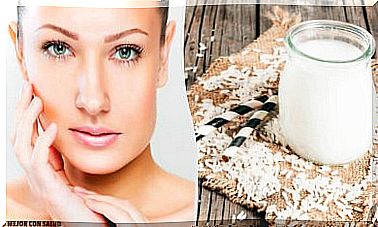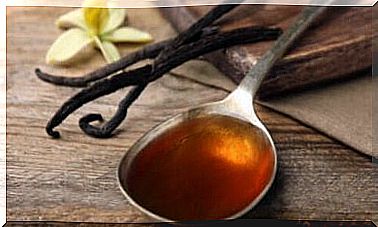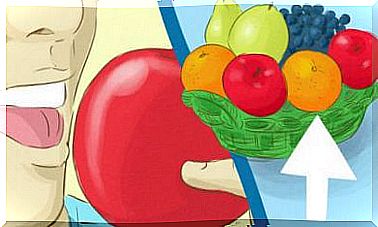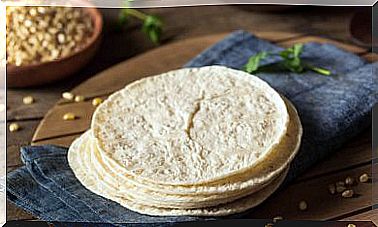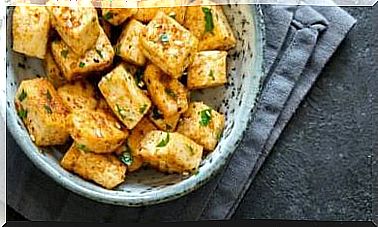The 3 Essential Steps To Having A Healthy Gut
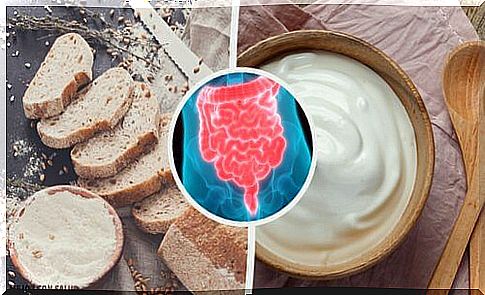
Having a healthy intestine is the main key to our general well-being, as it is an organ related to the elimination of toxins, the absorption of nutrients and a good immune system to protect us against any pathogenic germs.
Find out in this article the 3 essential steps to have a healthy bowel in a natural way: a wholesome diet, sporadic cleansing and an adequate supplement of probiotics.
Benefits of having a healthy bowel
The intestine fulfills different functions in our body:
- Finishes the digestion process.
- It takes care of the absorption of nutrients through its walls (these pass into the bloodstream).
- Stores and expels faeces to the outside.
- Regulates the body’s water balance.
- It is related to the immune system.
For all these reasons, it is essential to have a healthy intestine, as otherwise our body will not function properly and we will suffer short- and long-term disorders.
Three essential steps
To have a healthy gut we must follow these 3 fundamental steps.
1. Full food
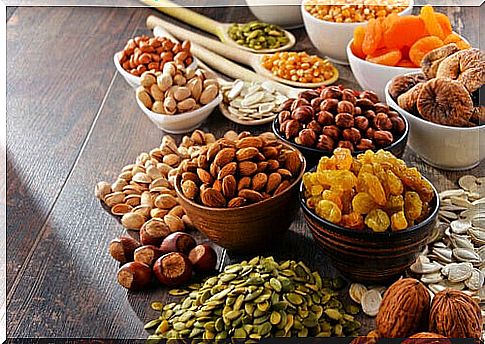
Our food must be based on complete or whole ingredients. These must not have been modified by refining processes in which natural fiber is extracted.
In other words, we must renounce white or refined cereals, flours and sugars.
Our diet must contain animal protein (meat, fish, egg, dairy). However, the following food groups must be present in large amounts at each meal:
- Fruits and vegetables
- Legumes
- whole grains
- Oilseeds and seeds
- mushrooms
- Algae
When consuming foods rich in natural fiber we should also increase our water intake, as otherwise we may block the intestines.
If our diet is based on refined foods, when we start consuming fiber, it is possible that we suffer a few days of constipation, while our bodies adapt to the change.
Foods with added fiber or bran are not the best option for our intestines, as too much fiber can be harmful to our health.
With a good amount of fruits and vegetables a day, we will get all the fiber we need in a natural way.
2. Cleaning
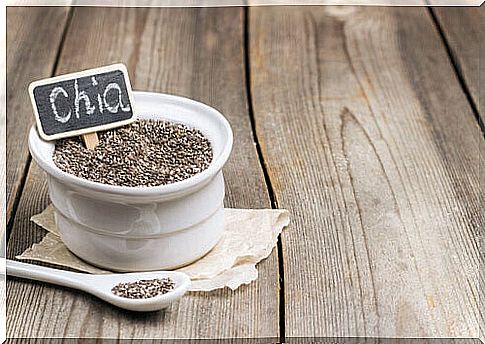
Our intestine is the end of the digestive tract and is the organ that takes care of the elimination of feces.
Therefore, it is essential to facilitate its natural cleansing to avoid the accumulation of toxins due to an intestinal malfunction.
We may resort to this remedy sporadically to cleanse the bowel deeply.
Ingredients
- 1 spoon of chia seeds (10 g)
- 3 black plums
- 1 glass of water (200 mL)
- the juice of half a lemon
- 1 tablespoon of extra virgin coconut oil or olive oil (15 g)
How to make?
- Let the chia seeds and black plums soak in the glass of water overnight.
- The next day, when you wake up, beat the water, seeds and prunes (without pits) together with the lemon juice and oil.
How to take?
- Take this preparation on an empty stomach, at least half an hour before breakfast.
- We can use this remedy once a week or every two weeks.
3. Probiotics
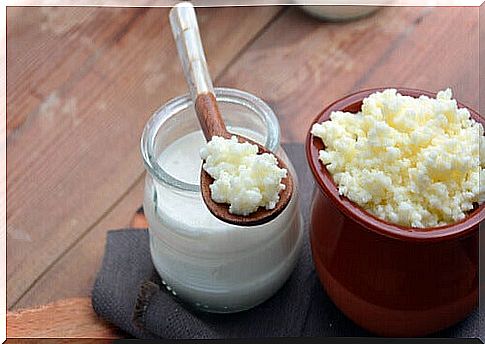
The third fundamental step to have a healthy intestine, once our diet is rich in complete foods and we try to have this organ cleaned with some natural remedies, is to protect the delicate bacterial flora.
The flora suffers the negative effects of different factors:
- Antibiotics and other medications
- Unbalanced diet, rich in refined products and additives
- intestinal disorders
- Stress and Emotional and Nervous Disorders
- Sedentary lifestyle
To protect and repopulate the intestinal flora we can resort to probiotic supplements, which must be taken on an empty stomach, two hours apart before any meal.
This requirement is fundamental for them to fulfill the beneficial function on the flora, since if we mix it with food they will only help us to have a better digestion.
There are many varieties and qualities of probiotics. The more strains they have, the more complete and effective they will be. We can take them for seasons or whenever we need to regulate traffic.
We can also incorporate fermented foods, which are rich in probiotics, into our food. Among the most recommended we find:
- kephir
- Natural yogurt
- Sauerkraut
- Kombucha
- miso
